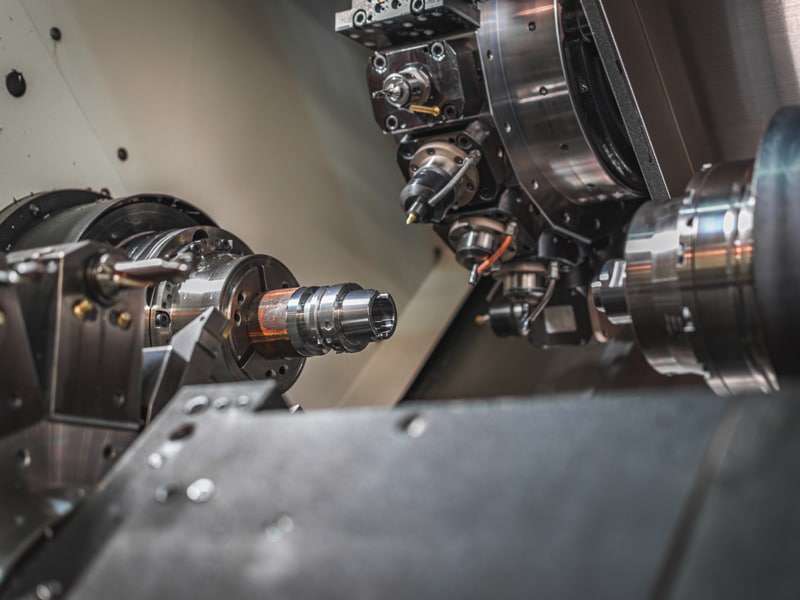Start here - Speak to an engineer
Reliability Centered Maintenance
Specialists
Reliability Centered Maintenance
Reliability centered maintenance (RCM) is the process used to determine the necessary steps to optimise machine tool performance. By conducting RCM studies, Machine Tool Technologies is able to develop unique maintenance schedules for your critical assets.
RCM ensures maintenance tasks are cost effective, safe, and efficient. It is a comprehensive asset integrity management system, encompassing preventative and predictive inspections. RCM is ultimately aimed at the reliability and efficiency of your machining tools.
Basic Principles of RCM
- Preserve system function
- Identify failure modes that may potentially affect the system function
- Prioritise failure modes
- Select relevant and most effective tasks to address the failure modes

Reliability Centered Maintenance with MTT
The RCM method is only effective if implemented, constantly reviewed, and renewed with the addition of new information throughout the production process. Our highly trained engineers at MTT can help you understand where maintenance expenditure is best allocated by pinpointing the exact cause of failure.
RCM with MTT increases cost effectiveness, reduces machine downtime, and increases employee safety.
Desired Outcomes of RCM
- Maintenance goals aligned with business objectives
- Regulatory compliance, safety and environmental accountability
- Defined performance objectives of each machine tool
- Identification of hinderances to meeting performance targets
- Determining the risks associated with identified hinderances
- Determining efficient and effective ways to prevent risks
- Implementing the preventive tasks
- Proper recording of the RCM process to facilitate continuous assessment and improvement
The 7 questions considered for RCM
For a maintenance program to considered reliability centered, it begins with these questions:
Function
Specify the function and quantify the expected output. This determines whether your machine tools are performing at optimal level. Defining the function of your tools is dependent on the operating context.
Functional Failure
This occurs when the asset does not fulfil its expected function. Total failure occurs when the machine does not perform its intended function at all, while partial failure occurs when it is not performing at expected levels.
Mode of Failure
With the help of RCM, MTT engineers can analyse and identify the failure mode. Differentiating between the two modes of failure, functional and partial, is greatly beneficial for identifying a solution. Reasons for partial failure may include deterioration of parts, lack of lubrication, dirt, human error, and parts failing.
Causes of the failure mode
Causes of machine tool failure may include wearing out due to stress of high performance, or flaws in design. A proper RCM program will help to identify the root cause of the failure.
Effects of failure
Identifying the effect of failure is a strong motivation to implementing a relevant RCM program. The equation should address the how the failure may affect production, or operational and capital costs.
Consequences of the failure
This question answers how the failure affects the safety of the operators, production, or the physical condition of your machine tools.
Prevention of failure
MTT experts assist with creating RCM tasks depending on the severity of the failure and the production needs of the facility. This ensures efficient and cost-effective maintenance.
Identification of Alternatives to Preventative tasks
This may include replacement, redesigning or even decommissioning of the machine tool. MTT engineers can advise on which modifications can extend the life of a machine that failed early in its lifecycle.
Implementation of RCM can be compressed into 3 key parts. Decision, analysis and outcome.
To speak to a member of our team simply fill in our contact form or call our team on 0845 077 9345.
“MTT Successfully repaired several spindles within a short period time ensuring our
machines were back to full productivity in no time.”




